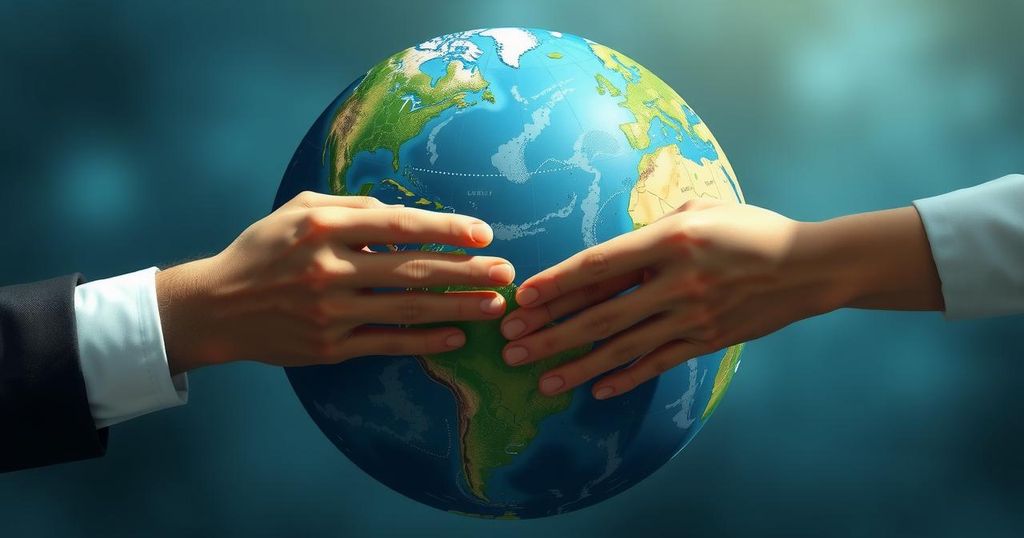Democratic Republic of Congo and Rwanda Sign Peace Deal Amid Uncertainty
- DRC and Rwanda have signed a US-brokered peace deal aiming to end conflict.
- President Trump claims the deal will grant the US significant mineral rights.
- There are doubts from the M23 rebel group regarding the enforceability of the agreement.
- Foreign ministers highlight the need for accountability and hope for peace.
- The past failures of previous agreements cast a shadow of uncertainty over this new pact.
Major diplomatic effort ends decades of conflict
In a significant diplomatic move, the Democratic Republic of Congo (DRC) and Rwanda have reached a peace agreement that is said to have been facilitated by the United States. This deal aims to quell the long-standing conflict in eastern DRC, a war that has reportedly resulted in around six million casualties over the past several decades. US President Donald Trump confidently proclaimed the agreement as a successful resolution to one of the most devastating conflicts in modern history, while simultaneously hinting at the lucrative mineral rights that the US may gain from the deal.
Skepticism clouds promise of peace agreement
The signing ceremony featured high-ranking officials, including US Secretary of State Marco Rubio, who labeled the event as a pivotal moment in the region’s history. However, voices of skepticism emerged, particularly from the M23 rebel group, which remains a significant player in the ongoing turmoil in eastern DRC. The rebels have indicated that they were not consulted in the peace negotiations and harbor doubts regarding the enforceability of the terms laid out in the agreement, raising questions about the potential impact of the deal on the ground.
Leadership expresses hope despite lingering uncertainty
Foreign Minister of the DRC, Therese Kayikwamba Wagner, emphasized the need for accountability, honoring the millions of victims affected by this conflict during the signing process. She underscored the importance of honoring the agreement, as the people of the DRC look towards their leaders for assurance and hope. On the other hand, Rwandan Foreign Minister Olivier Nduhungirehe pointed out the ‘great deal of uncertainty’ that looms over the implementation of this agreement, highlighting the historical challenges with previous accords that have failed to materialize as intended. Both ministers articulated a joint resolve to make this agreement work, but it is clear the path ahead remains fraught with challenges and doubt.
In conclusion, the peace deal signed between the Democratic Republic of Congo and Rwanda represents a crucial step towards ending a devastating era of conflict. However, skepticism remains, especially from factions like the M23 rebels who feel excluded from the negotiation process. The commitment from both nations to adhere to this agreement is paramount, yet doubts linger in the air about its actual feasibility and effectiveness.




Post Comment